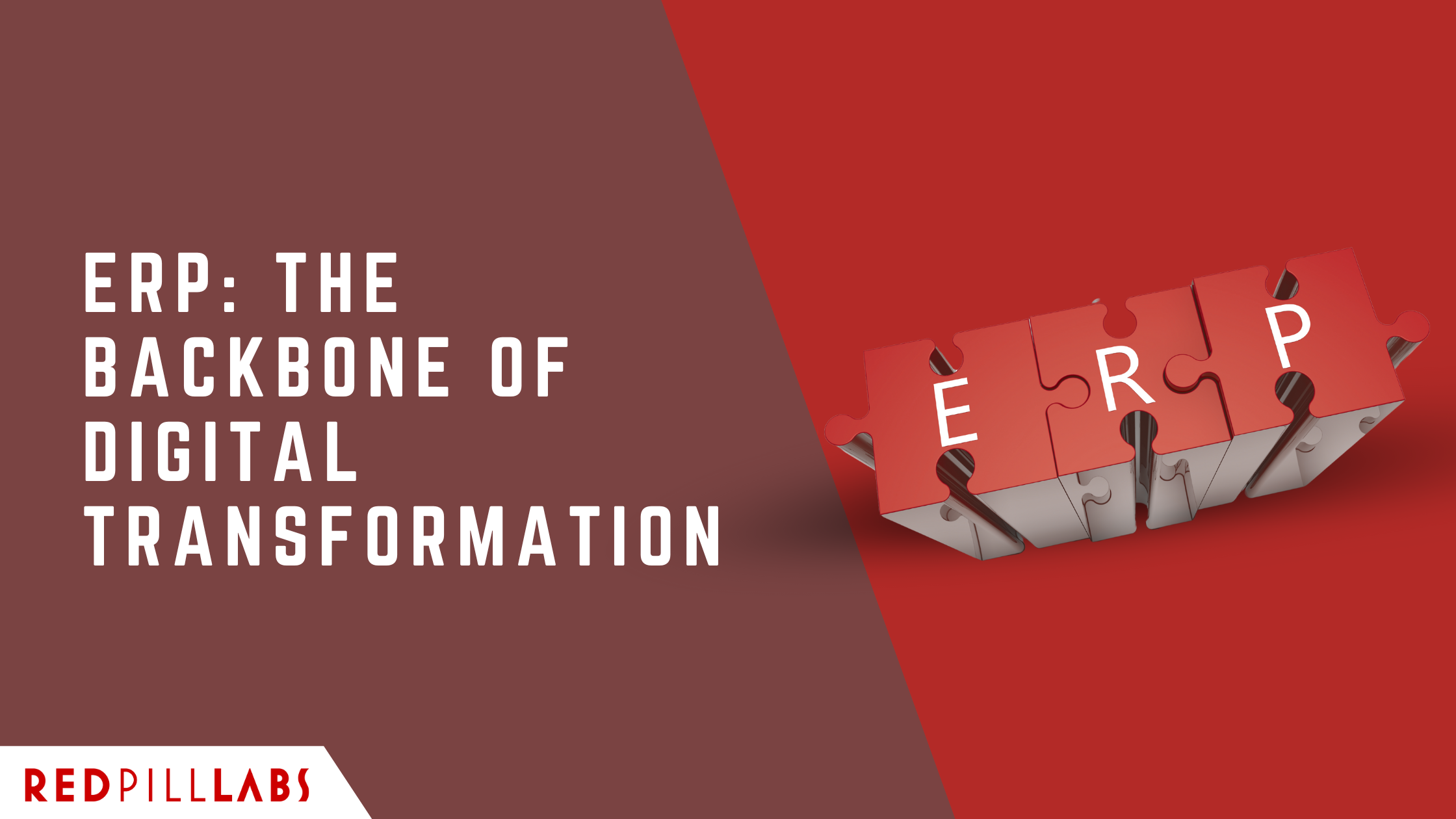ERP: The Backbone of Digital Transformation
2025-07-10
blog/erp-the-backbone-of-digital-transformation
For many organizations, digital transformation has become the rallying cry of the last decade.
Every board deck mentions it and every CEO has it on their agenda.
But here’s the thing: you can’t transform digitally if the systems that run your business are still stuck in the past.
ERP and digital transformation are two sides of the same coin.
One enables the other — and if you treat them as separate initiatives, you’re leaving a lot of value on the table.
ERP: More Than Just an IT Upgrade
When people hear “ERP,” it’s easy to think of it as just another software project- something for the CIO to worry about.
But modern ERP is much bigger than that — it’s the foundation your whole business runs on.
Finance, supply chain, HR, production, customer service — they all rely on the processes and data inside your ERP.
If that backbone is outdated or fragmented, no amount of shiny new apps or digital dashboards is going to magically fix things.
When done right, a modern ERP gives you:
Real‑time data across the business, so you can make decisions faster.
Automation of routine processes that frees up your team for higher‑value work.
The ability to scale and pivot as the market changes.
A platform to actually act on all the data you’ve been collecting.
If your ERP can’t deliver those things, your digital strategy will always be limited by operational bottlenecks.
But ERP Alone Isn’t Enough
That said, treating ERP as a standalone IT project is just as short‑sighted.
Too often companies spend millions “modernizing” their ERP, only to end up replicating old, inefficient processes on a new platform.
ERP isn’t about replacing one system with another. It’s about redesigning the way your business works — and that only happens if you approach it as part of a bigger transformation.
Before you start, ask yourself:
What customer experiences are we trying to improve?
How do we want to operate differently in 3–5 years?
What data and insights do we need that we can’t get today?
If you can’t answer those questions, you’re not ready to pick a system yet.
Why Alignment Matters
When you align ERP and digital transformation from the start, you create a roadmap that actually delivers value:
Build processes that match your future strategy — not just today’s needs.
Get your people on board and invested in the change.
Design your analytics and reporting to answer the right questions.
Avoid the “we went live but nothing really changed” syndrome.
It takes more work up front. But it pays off in a big way.
Key Takeaways
Digital transformation is about being faster, smarter, and more customer‑focused.
But none of that is possible if your core systems and processes can’t keep up.
ERP gives you the foundation. Transformation gives you the vision. You need both to compete.
So if you’re thinking about modernizing your ERP, don’t treat it like a tech project.
Treat it like the first — and most critical — step toward the business you want to become.

